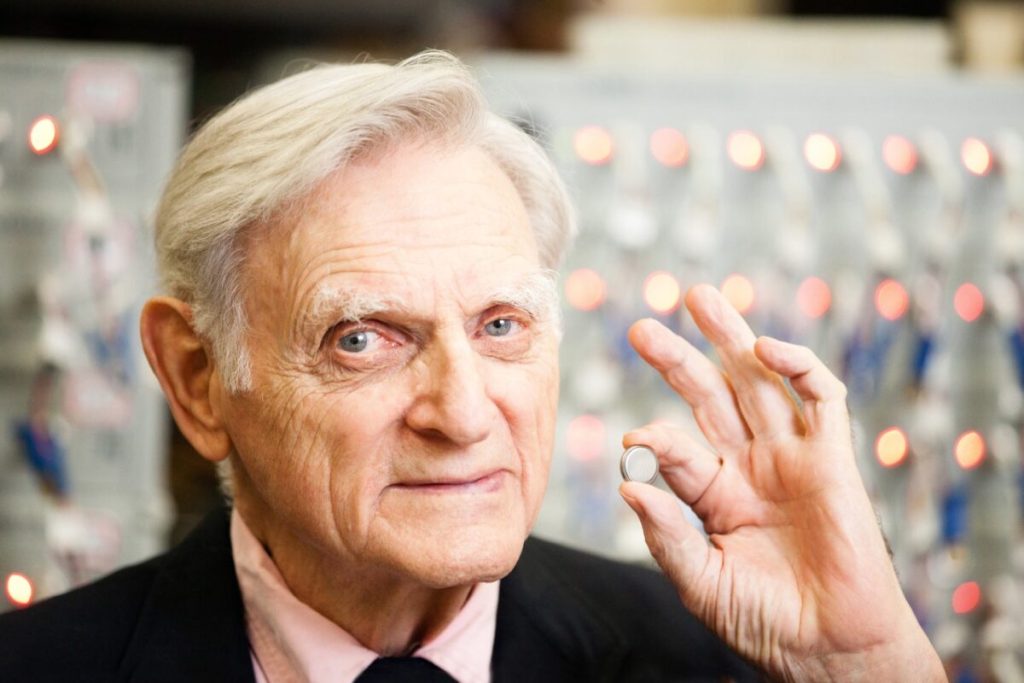In tragic news, renowned scientist John B. Goodenough, the pioneering mind behind the development of the lithium-ion battery, passed away on Sunday at the remarkable age of 100. Goodenough’s contributions revolutionized the field of technology and empowered people worldwide with electronic devices that all of us use today. In 2019, he received the prestigious Nobel Prize in chemistry, making headlines as the oldest recipient in history.
John B. Goodenough received the Nobel Prize for Chemistry when he was 96
During his illustrious 37-year tenure at The University of Texas at Austin’s Cockrell School of Engineering, Goodenough served as a faculty member and held the distinguished Virginia H. Cockrell Centennial Chair of Engineering. He was deeply committed to exploring innovative energy-storage solutions and delving into fundamental solid-state science and engineering challenges. His unwavering dedication led to the creation of cutting-edge rechargeable batteries, providing high-energy density for mobile phones, laptops, tablets, and electric vehicles.

Goodenough’s impact extended beyond his groundbreaking research. He was a beloved teacher and mentor, guiding numerous graduate students and faculty members with his wisdom and encouragement. His generosity and passion for education were evident through his donations to the University and the establishment of scholarships and research funds.
Born in Germany in 1922, Goodenough obtained his degrees in mathematics and physics from prestigious institutions like Yale University and the University of Chicago. Throughout his career, he held positions at renowned institutions such as MIT‘s Lincoln Laboratory and the University of Oxford. Goodenough continued working well into his 90s, emphasizing the importance of not retiring too early. His impact on the scientific and engineering communities will endure, inspiring future innovators and researchers.
The world has lost an extraordinary mind and a generous spirit. Goodenough’s groundbreaking work and legacy will continue to shape the technological landscape, and his contributions to science and engineering will be remembered for generations to come.
RELATED:
- New breed of Battery can charge 10 times faster than Lithium Ion
- Lithium-ion based Flexible batteries from Jenax should allow for Compact Wearables
- Best Gaming Monitor of 2023: Acer, Asus, Dell, Lenovo & More
(Via)







